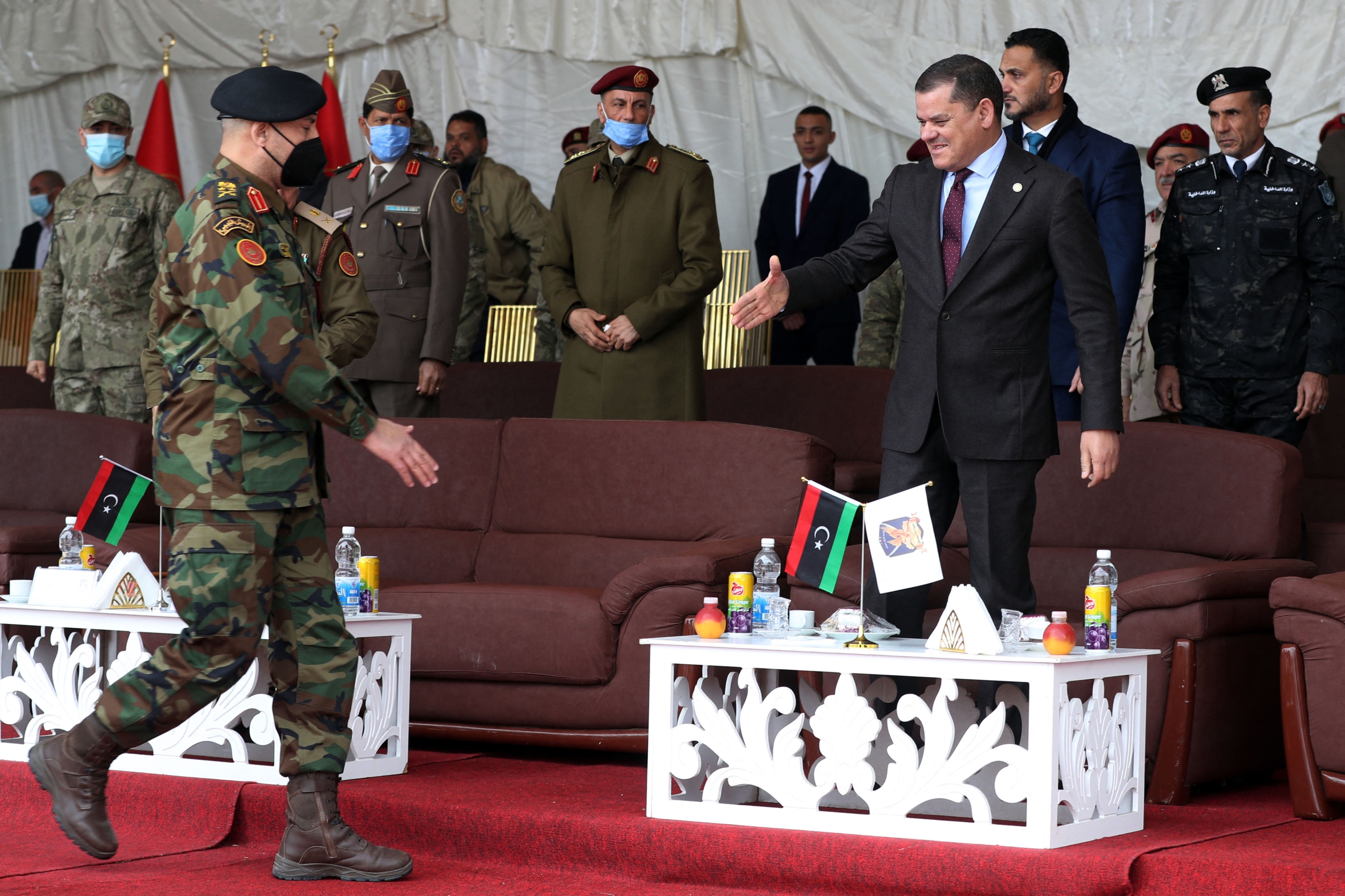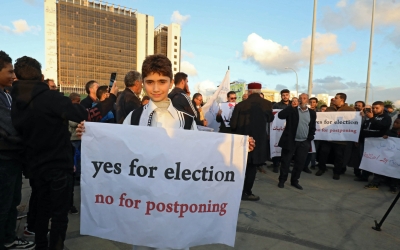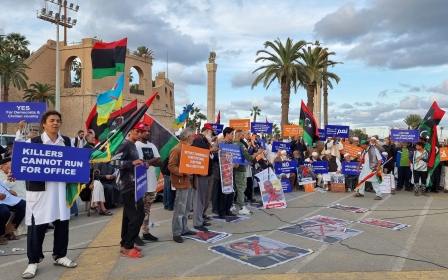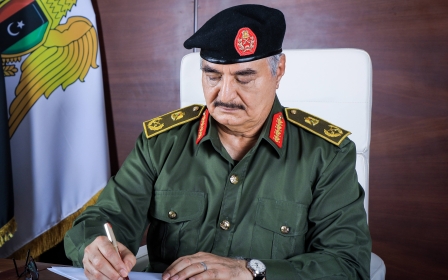Libyan parliament sets date to replace prime minister

Libya’s parliament announced Monday it would meet next week to pick a replacement for interim Prime Minister Abdul Hamid Dbeibah, as the country faces fresh turmoil following its failed attempt to hold presidential elections last year.
The announcement is likely to pit the country's eastern-based assembly against the government of Prime Minister Abdul Hamid Dbeibeh, potentially igniting fresh tensions between armed groups and warring factions in the oil-rich country.
New MEE newsletter: Jerusalem Dispatch
Sign up to get the latest insights and analysis on Israel-Palestine, alongside Turkey Unpacked and other MEE newsletters
Dbeibeh had a mandate to lead a unity government tasked with steering the country to elections originally scheduled for 24 December 2021. Those efforts collapsed amid political infighting, controversial candidates and disputes over election laws.
Major powers, including the US, had been pushing for a vote as a way to unite the war-ravaged country. The collapse of those efforts dealt them a serious blow.
Abdullah Bliheg, a spokesman for the Tobruk-based legislature, said candidates may submit their bids for the post of prime minister. He said parliament will convene next week for deliberations on the candidates and the appointment of a successor to Dbeibeh.
Dbeibah has shown no sign of being willing to relinquish power and has repeatedly said he and his government would remain in office until “real elections” are held.
He has also called for the vote to be held based on a newly crafted constitution that has not been brought to a referendum.
The parliament's push to appoint a new prime minister challenges an appeal from the UN and western governments for lawmakers to focus their efforts on resolving obstacles that led to the vote's postponement, rather than appointing a new administration.
Middle East Eye delivers independent and unrivalled coverage and analysis of the Middle East, North Africa and beyond. To learn more about republishing this content and the associated fees, please fill out this form. More about MEE can be found here.





